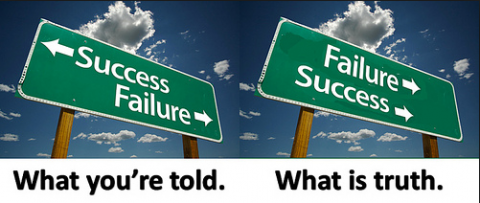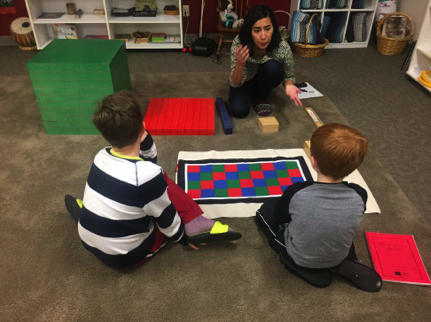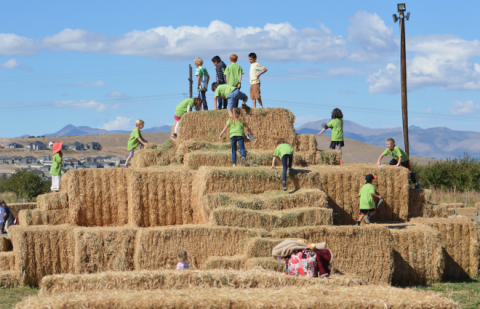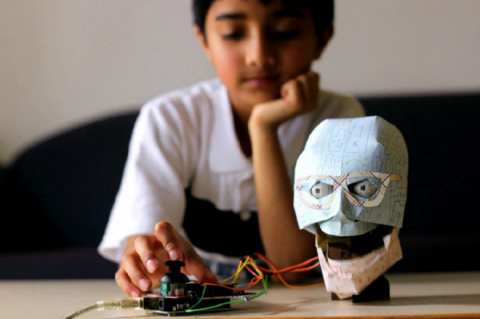How can failure be a gift?
When I started teaching 20 years ago, childhood was altogether a different experience. Raising children looked different than it does now and, since I’m now in the midst of raising my own three children, I believe this more than ever before. The single most important thing I think we may be missing with this generation of parenting is the realization that growth comes from failure! Scary concept, right? But honestly, when everything goes according to plan, there are no hiccups in the way, or any process is simple, precise and easy we learn very different lessons than when we have to struggle and stretch. I think it would be fair to say that your own failures (or struggles, at the very least) provided clear opportunities for learning and growth. I recently watched a really wonderful TedTalk called “The power of believing that you can improve” by Carol Dweck in which she uses the word “yet” with great meaning and power. (Watch here.)
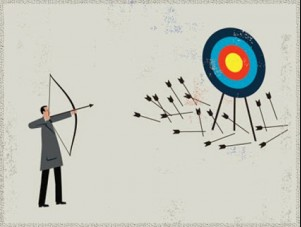
Believe it or not, when our kids become afraid of failure, they become disinterested in learning. Life gets scary. Autonomy and the ability to bounce back helps kids feel confident and connected.
What happens if we tell our kids they are the best (at anything!) and they discover that they are not (at some things)? The feeling of failure, of letting us down, of believing they are less than they really are is just the kind of feeling that keeps them from trying again and from experiencing new things. The realization that they still have space to grow, on the other hand, and the belief that they are surrounded by loving people who will give them space for that to happen? POWERFUL! Our generation of children are learning that there is a lot of immediate gratification in the world. But let’s be real, parents – life includes a lot of waiting, trying again, picking ourselves up off the ground, and re-thinking how things “should” be.
How do we really step back and let our kiddos stretch? It’s hard, right? And honestly…it can be totally inconvenient. Not only is childhood different but so is adulthood. If I count the number of hours I really get to spend with my own children in a week, it seems far less than ideal. We are a busy family. Life is beautiful and lots of fun, but it is REALLY BUSY! So how can I adapt my “helicopter parenting” approach (which is in some ways for my own convenience) to one that gives my kids the best chance at being resilient?
- Praise wisely: Point out the effort, the process and the strategies that your child used whether they succeed or fail at something. Outcomes are typically less than we imagined and so the process is an important one to celebrate, think about and understand!
- Plan ahead: Ask questions to get your kiddo thinking about outcomes without giving up the best answers. The more we tell them the answers, the more children lack the opportunity to think of them themselves. And believe it or not, some day they WILL have to make decisions without you. The small ones they are making now, under our care, are the safe ones to practice on.
- Step back: As much as you want to step in and tell them “I already tried that, it didn’t work” or “But what if..” DON’T DO IT. Little failures are great opportunities to learn. And, when we are there rooting for them despite their failures not only do they learn to try differently, but they learn that we are there no matter what. (How comforting.) The other beautiful thing about stepping back is that when they do step in at the face of real danger (I’m talking serious circumstances here) and we step in, they’ll know they face real danger.
- Listen: Guess what? Our job as parents is not to be problem solvers. I know, weird right? I have a hard time with this one too. But really, sometimes children just need someone to listen. They are people and, like us, can oftentimes talk themselves into the best answers.
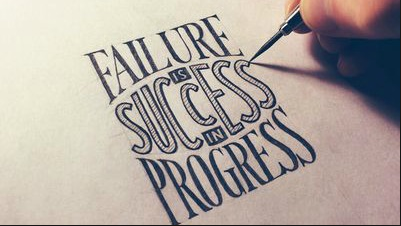
What I’m presenting here is not an easy feat. There is no expectation for any of us to get it right every time. As a matter of fact, the same concepts apply to parenting…we will make mistakes. And we will learn from them. And when we are better next time, our kids will learn that being better is the most important part. I have never apologized more to anyone on this earth than I have to my oldest son. And I believe that my humility and admittance of my failures goes a long way in teaching him that humaning is a process….er, at least I hope it does! If nothing else, he has seen me mess up and get back on that horse! I will not give up and he knows that.
In her book The Gift of Failure by Jessica Lahey talks about autonomy supportive parenting. Clear expectations and clear consequences make people feel safe. From traffic laws to moral obligation, this is true on every front. I can’t tell you enough how lovely a concept this is!
